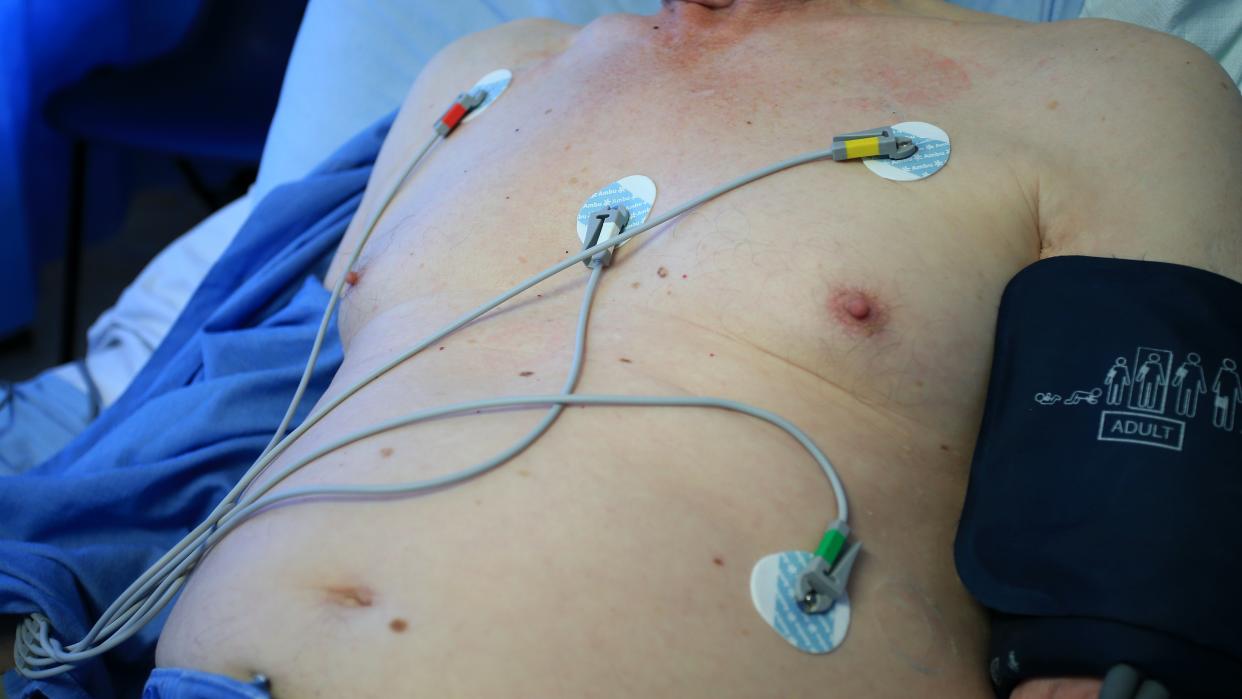Covid-19 linked to worse stroke outcomes – study

People who have strokes while infected with Covid-19 appear to be affected more severely and left with greater disability, a study has suggested.
Having the virus at stroke onset was also associated with more than double the mortality rate of other stroke patients, according to the findings published in the Journal of Neurology Neurosurgery & Psychiatry.
Researchers found evidence that suggests people of Asian descent might be more likely to experience Covid-19-associated ischaemic strokes – those caused by blockage of blood vessels supplying the brain – than those in other groups in the UK.
The researchers reviewed evidence from 86 people who had a stroke in England or Scotland and had Covid-19 at stroke onset, between March and July this year, and compared them to 1,384 stroke cases during the same period in people who did not have any evidence of Covid-19.
The findings build on previous studies led by UCL researchers which have also suggested that some people with Covid-19 are experiencing neurological symptoms and that the infection may increase the risk of stroke.
Lead researcher Dr Richard Perry, of UCL Queen Square Institute of Neurology and National Hospital for Neurology and Neurosurgery UCLH, said: “By comparing characteristics and outcomes of strokes experienced by people with and without Covid-19, we found that there were differences between the groups, suggesting that Covid-19 exerts an influence over the presentation of stroke.
“Some of the differences relate to what other studies are uncovering about Covid-19, in that it might make blood stickier and more likely to clot.”
Evidence of infection was determined by a positive coronavirus test within four days of admission or suspected Covid-19 at the time of admission, and confirmed on testing at any point during the subsequent 10 days.
The researchers found that ischaemic stroke patients who also had Covid-19 were only half as likely to leave hospital without any disability as those without Covid-19.
The researchers do not yet have data on how long these excess disabilities might persist.
They found that the Covid-19 associated strokes were more severe, with an average stroke severity (NIHSS) score of eight, compared to five in the control group.
The researchers found differences by ethnicity, as people of Asian descent were over-represented by more than double in the Covid-19 group than white or black patients.
Co-author Professor David Werring added: “Our findings suggest that in some people, Covid-19 may influence stroke risk through its effect on excessive blood clotting or inflammation, and may also influence the characteristics and outcome of the stroke, including greater severity with a higher chance of multiple large vessel blood clots.”

 Yahoo News
Yahoo News 
